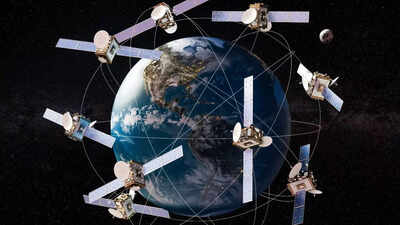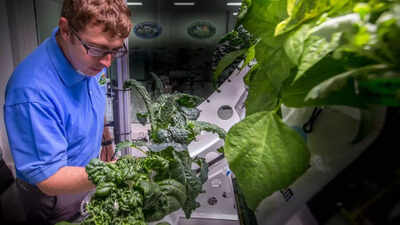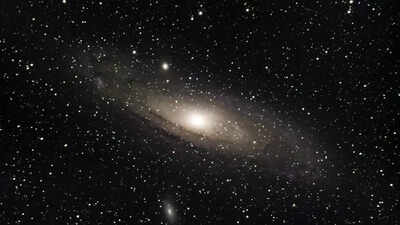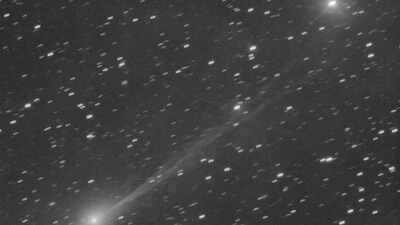
Eye implant, high-tech glasses could help restore lost vision
People with severe vision loss have been able to read again, thanks to a tiny wireless chip implanted in one of their eyes and a pair of hightech glasses.Age-related macular degeneration (AMD) is a common condition that affects the middle part of someone’s vision, often worsening over time. Its exact cause is unknown, but it…










